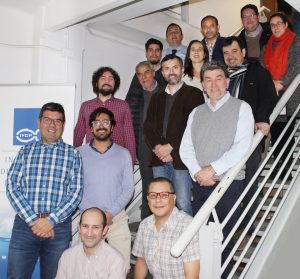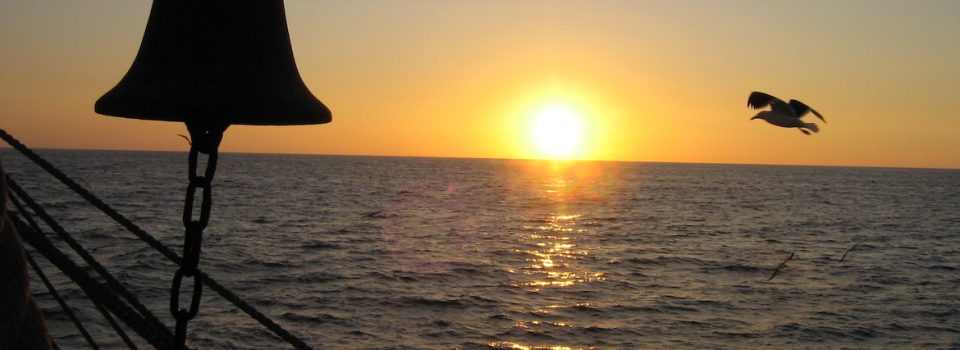IFOP leads a new Web platform creation with data on Fisheries, Aquaculture and Climate Change
June 10th, 2019 It will be free, and of public access will gather information about; temperature, salinity, oxygen, swells, wind, currents, turbulence
It will be free, and of public access will gather information about; temperature, salinity, oxygen, swells, wind, currents, turbulence
The workshop about the project called “Interoperable Information System (SDII)”was held at Fisheries Development Institute (IFOP) offices, it was developed by the Department of Oceanography and Environment (Doma) supported by the Department of Information Technology and the Department of the Environment of the Division of Aquaculture of the Fisheries Development Institute in conjunction with FAO.
This project’s objective is to systematize and integrate data on fisheries, aquaculture and climate change, to generate information for users through a web platform. This site will allow a simple visualization of the information provided by climate change indicators and variables of local conditions for the use of the authorities, fishermen, municipalities, coastal communities and the public in general.
Dr. Jaime Letelier, project manager, explained “From the Climatic Change fisheries and aquaculture, point of view is becoming evident as a threat to the sustainability of the activity and therefore to global food security. The risk or vulnerability of these activities as well as the coastal infrastructure to environmental change is shaking the political and administrative structures that depended on the relative stability of the climate and ecosystems. ”
Félix Inostroza, national coordinator of FAO’s project on climatic change in fisheries and aquaculture commented, “the importance of the project relies in the generation of a large database with information on fisheries, aquaculture and climate change that FAO intends to be public and available to all people and institutions that require it.
In the first instance and thanks to the vision of the authorities that direct them, the project is being supported by representatives of the Undersecretariat of Fisheries and Aquaculture, the National Fisheries and Aquaculture Service, the Ministry of the Environment, the Hydrographic and Oceanographic Service of the Navy, the center for the study of multiple forcings on marine socio-ecological systems (MUSELS) of the Universidad de Concepción. Once the first phase of this project is consolidated, the incorporation of other public and private institutions is expected “.
